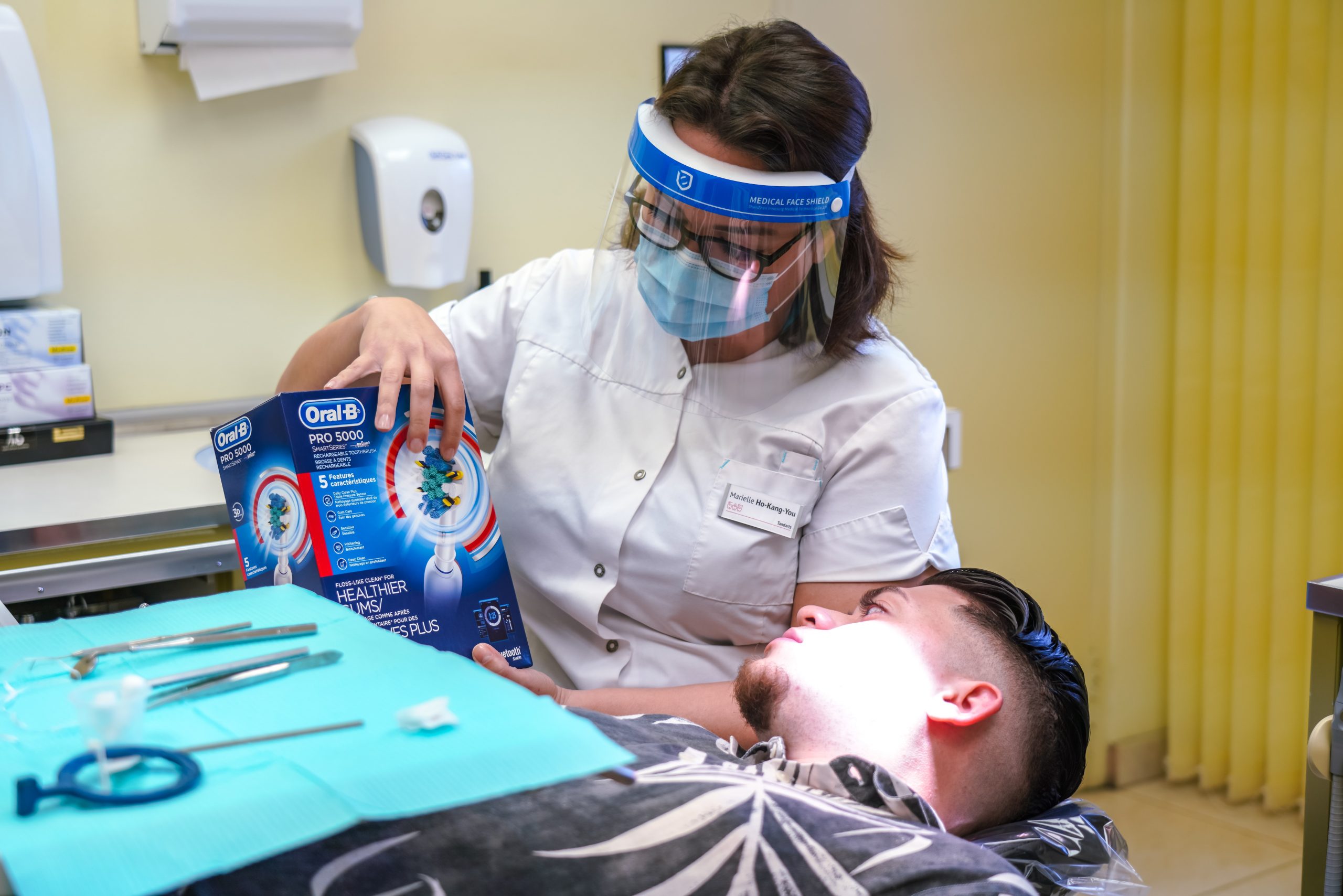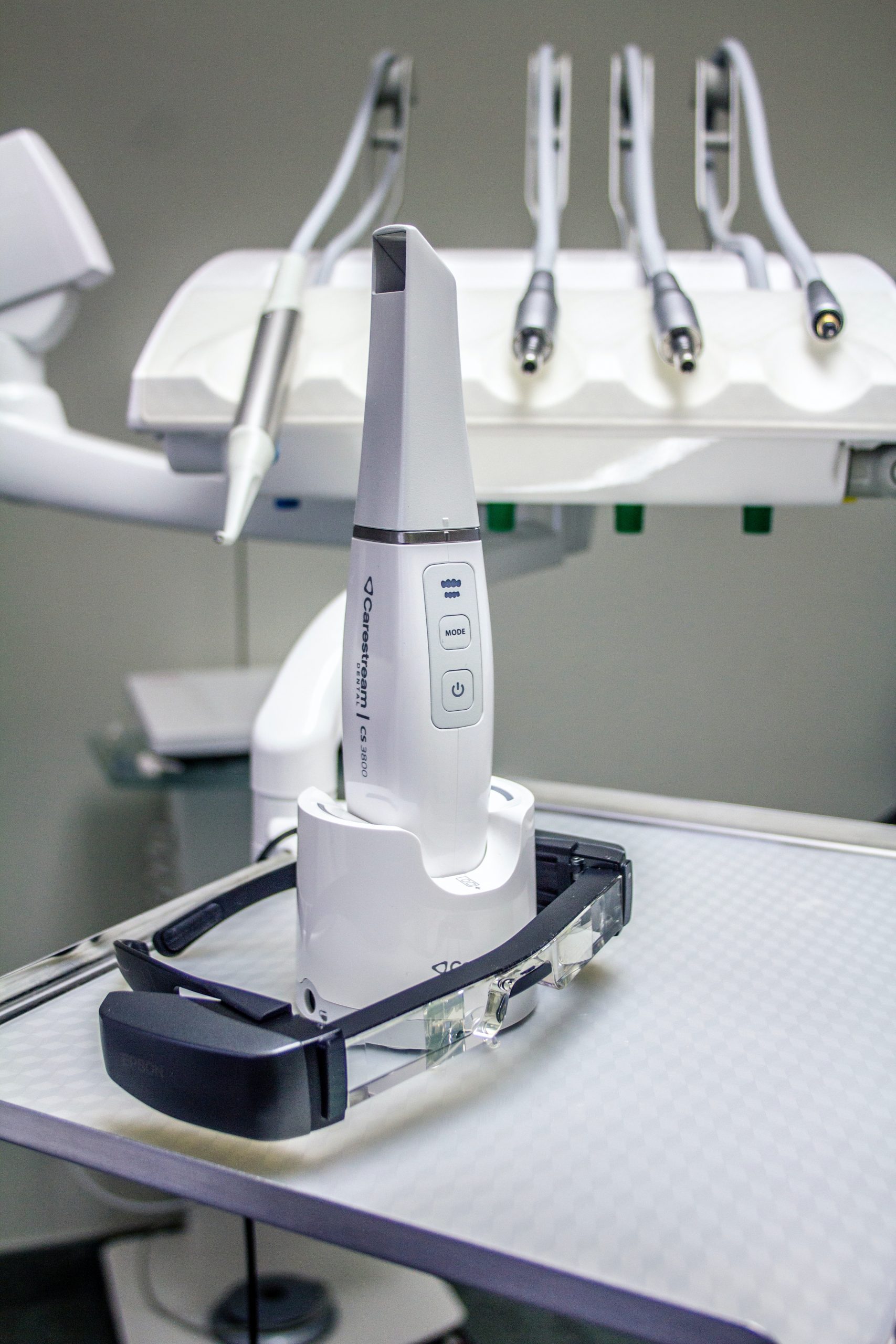
Dental therapists: a solution for better access to dental care
Introduction
Dental care is essential for maintaining oral health, but many individuals face barriers to accessing care, particularly those in underserved communities. One solution to this issue is the utilization of dental therapists, mid-level dental providers who can provide preventive and basic restorative care.
The Role of Dental Therapists
They are oral health professionals who have been trained to perform a range of dental procedures, including preventive care, such as cleanings and fluoride treatments, as well as basic restorative care, such as filling cavities. They work under the supervision of dentists and provide care in a variety of settings, including community health centers, schools, and long-term care facilities.
Improving Access to Care
They can help improve access to care by practicing in underserved areas, where dentists are often in short supply. They can also provide care in schools, making it easier for children to receive regular dental check-ups and preventive care. By offering more services in more places, dental therapists can help improve oral health outcomes in communities that might otherwise lack access to care.
Cost-Effective Care
Another benefit is that they provide cost-effective care. Dental therapists receive less training than dentists, so their salaries are lower, which can help reduce the overall cost of dental care. In addition, because dental therapists can provide preventive care, they can help prevent the need for more expensive treatments down the road.
Safety and Quality of Care
Critics of dental therapy argue that they may not provide the same level of care as dentists. However, research has shown that dental therapists provide safe and effective care that is comparable to the care provided by dentists. In fact, studies have shown that dental therapists are just as capable of identifying and treating dental diseases as dentists.
Support for Dental Therapy
Many dental organizations, including the American Dental Association, have opposed the use of dental therapists. However, a growing body of evidence supports the use of therapists as a way to improve access to care. In addition, dental therapy has been successfully implemented in other countries, such as New Zealand and Australia.
Conclusion
Dental therapy is an effective solution for improving access to dental care, particularly in underserved communities. By providing cost-effective, high-quality care, they can help improve oral health outcomes and prevent the need for more expensive treatments down the road. As dental therapy becomes more widely accepted, we can expect to see even more benefits for individuals and communities alike.
For more information you can click on the link : https://docmode.org/continuing-professional-development-in-dental-practice/











